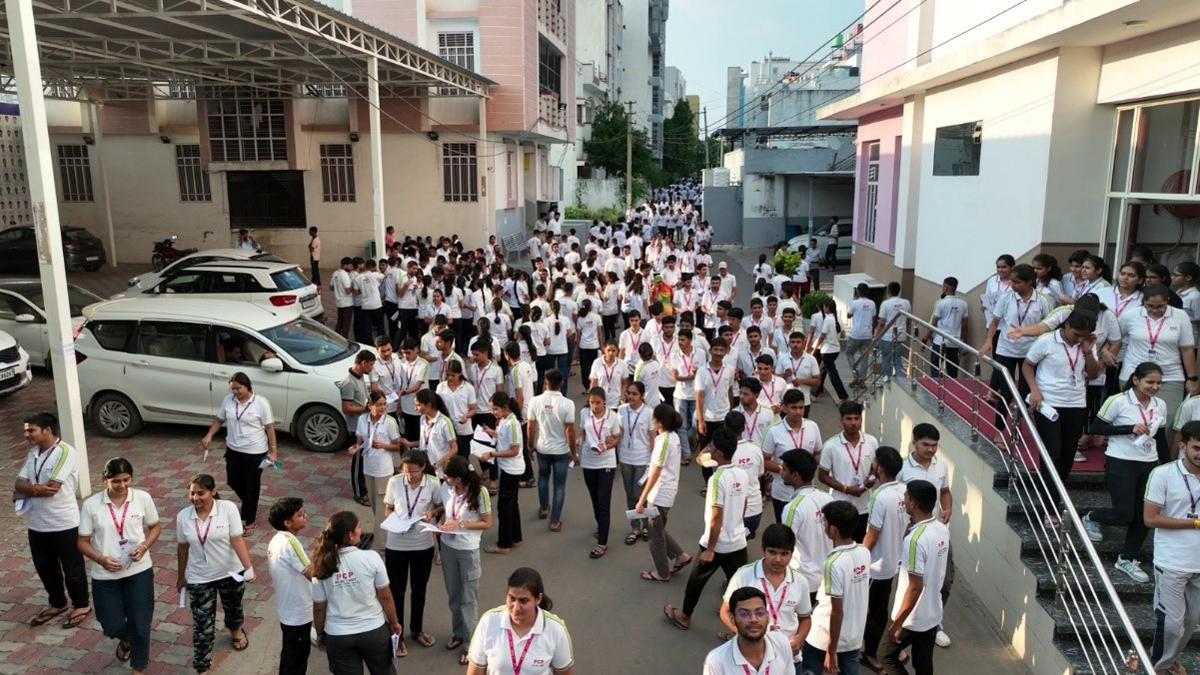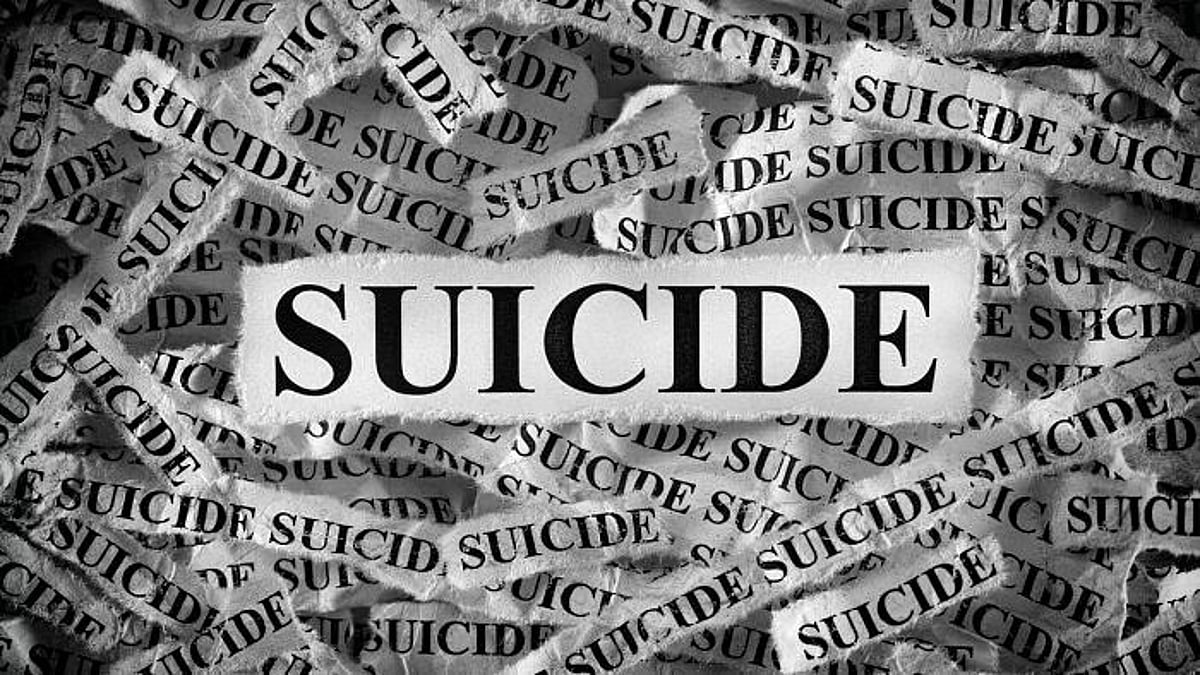Student suicides drop Kota—a significant decline of 50% in student suicides has been reported in Kota, India’s coaching capital, compared to the previous year. District Magistrate Ravindra Goswami shared the encouraging update, citing efforts to improve student well-being and mental health awareness as key contributors. In 2024, 17 cases were reported compared to 26 in 2023, reflecting a much-needed positive shift in a city often under scrutiny for its high-pressure academic environment.
Understanding The Root Causes Of Stress In Kota
Kota has long been a hub for aspirants preparing for competitive exams like JEE and NEET. While its reputation for producing top results is undeniable, the accompanying mental health crisis has been a growing concern. Students are often burdened by the pressure to succeed, parental expectations, and a competitive atmosphere that can lead to burnout, anxiety, and depression.
For years, incidents of suicides among students have highlighted the darker side of the coaching industry. Factors like isolation from family, unrealistic expectations, and a lack of coping mechanisms contribute significantly to the problem. This decline in numbers marks a hopeful step toward addressing these deep-rooted issues.
Initiatives That Made A Difference
Authorities in Kota have implemented various measures to support student mental health. Increased counseling services, mandatory psychological check-ups, and recreational activities have been introduced to help students de-stress. Coaching institutes have also been urged to foster a healthier environment by reducing class sizes, encouraging open communication, and conducting mental health workshops.
The district administration has worked closely with NGOs and mental health professionals to provide resources and interventions. Programs encouraging students to reach out for help without stigma have also gained traction. The introduction of helplines specifically targeting students in distress has played a vital role in ensuring timely support.
The Role Of Parental And Societal Expectations
Parental pressure remains a significant contributor to student stress in Kota. Many parents see education as the sole path to success and push their children to excel academically, sometimes ignoring their mental health. Societal expectations, coupled with the intense competition, often leave little room for failure or exploration of alternative career paths.
The decline in suicide cases indicates a gradual shift in mindset. Awareness campaigns have targeted parents, urging them to focus on their children’s overall well-being rather than just academic performance. Schools and coaching centers are also collaborating to create a more holistic approach to education, emphasizing life skills and emotional resilience.
Mental Health In The Spotlight
The conversation around mental health in education has gained momentum in recent years. High-profile cases and increased media coverage have pushed stakeholders to take action. In Kota, mental health professionals are now more accessible, and there is a growing emphasis on breaking the stigma surrounding mental health issues.
Students are encouraged to seek help through workshops, peer support groups, and regular interactions with counselors. Many coaching centers now have in-house psychologists and wellness programs to address mental health proactively. These efforts aim to create a safe and supportive environment for students to thrive.
The Importance Of Recreation And Socialization
One of the critical changes in Kota has been the focus on providing recreational activities and opportunities for socialization. Studies have shown that engaging in hobbies, sports, and cultural activities can significantly reduce stress levels. Initiatives like open mic nights, sports leagues, and hobby clubs have given students an outlet to express themselves and build a sense of community.
The introduction of such activities has helped students balance their academic responsibilities with personal growth, reducing feelings of isolation and improving overall well-being.
Challenges That Still Persist
While the 50% decline in student suicides is commendable, challenges remain. The high-stakes nature of competitive exams continues to exert pressure on students. The coaching industry, though evolving, is yet to address systemic issues like excessive workloads and rigid teaching methods comprehensively.
Financial constraints also play a role, with many families investing significant resources into coaching, adding another layer of pressure on students to succeed. Additionally, not all students have access to mental health resources or feel comfortable seeking help due to lingering stigma.
A Broader Perspective On Education
The Kota model of education, while successful for many, raises questions about the broader education system in India. The focus on rote learning and high-stakes testing often comes at the expense of creativity, critical thinking, and emotional development. Reforming the education system to prioritize holistic growth over exam scores is essential for long-term change.
Efforts to diversify career options and introduce vocational training and skill development programs can also alleviate some of the pressure on students. Encouraging alternative pathways to success can help reduce the obsession with a few select careers.
A Hopeful Path Forward
The decline in student suicides in Kota offers a glimmer of hope that change is possible. It underscores the importance of collective efforts from parents, educators, authorities, and society at large. By continuing to prioritize mental health, fostering supportive environments, and addressing systemic issues, Kota can set an example for other cities facing similar challenges.
The journey toward a healthier and more balanced education system is far from over, but the progress in Kota serves as a reminder that every effort counts in making a difference.



